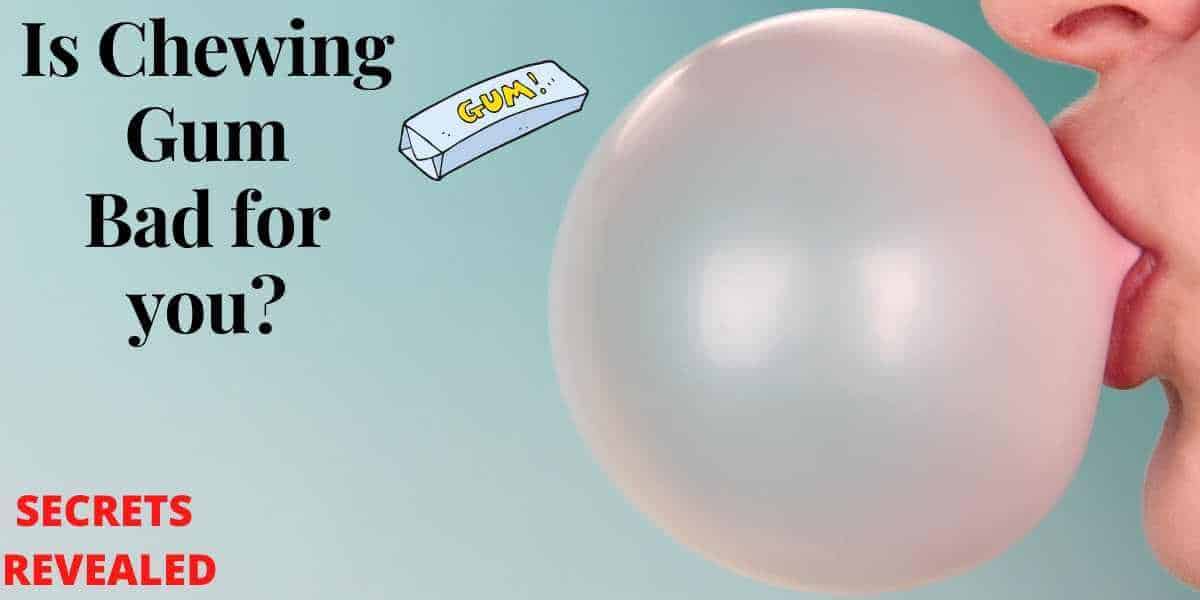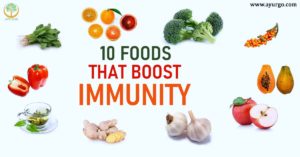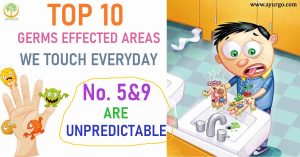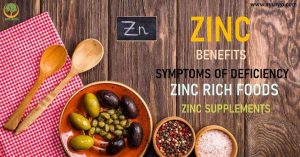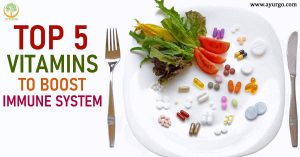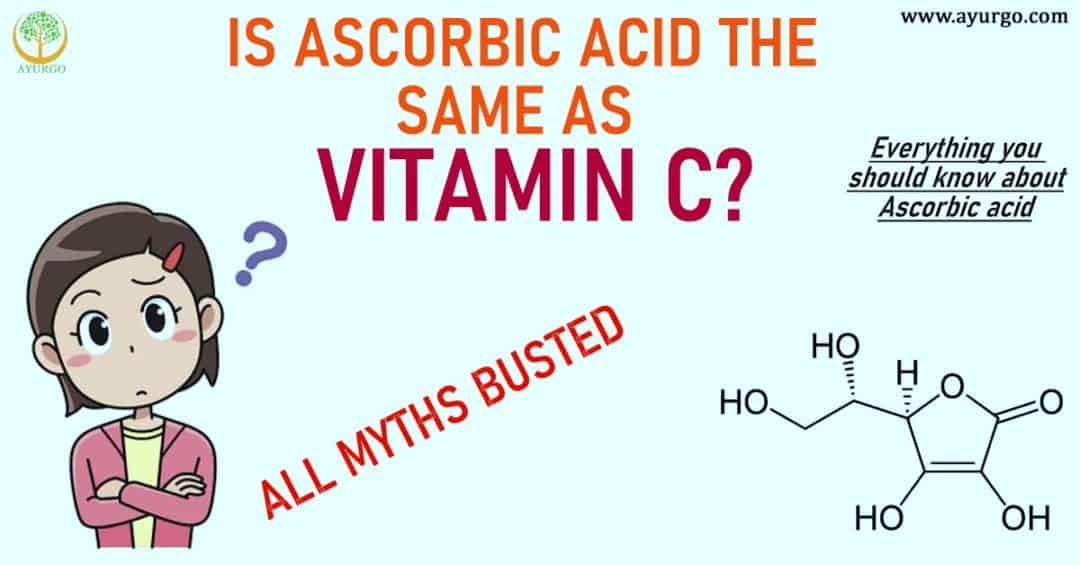Table of Contents
If you chew a lot of gums and looking for the dangers involved in chewing gums, then you have landed on the correct page.
Is chewing gum bad for you? Let’s get into it without wasting any time.
Someone recently asked me about chewing gum because she wanted to chew gum, as it helped her skip meals, and not get so hungry, and have so many cravings.
So I thought I’d explain a few things.
People chew gums for a variety of reasons.
I saw a long list and I disagree with most of those reasons.
Benefits of Chewing Gum
The only true benefit of chewing gum is that it’s been shown to improve your focus and your cognitive abilities,
The reason behind it is that, when you chew, you create signals that stimulate the frontal lobe, and the frontal lobe controls focus,
So when you chew, that’s a form of movement with a lot of receptors in the jaw, which is a very intense form of stimulation for the brain.
So you fire up the frontal lobe.
Now there are much better ways to increase your frontal lobe activity.
I would suggest doing some postural exercises, breathing exercises, and meditation.
These are way better methods of improving focus and afferentation and proprioception.
This was all about the benefits of chewing gums.
Now let’s look upon reasons for
Why is Chewing Gum bad for you?
Yes, chewing gum is bad for you, and I will tell you many reasons why chewing gum is bad for you.
1. Chewing Gum is Unnatural

I think it’s unnatural to chew when you’re not consuming any food because chewing is a neurological signal that means, there’s food supposed to be delivered to the stomach.
So chewing activates hydrochloric acid and enzymes and at best you’re just wasting resources,
At worst, you’re creating ulcers and digestive issues.
So we have to think about what is natural, what is nature intending with all of these mechanisms, what are we stimulating, what’s happening.
2. Chewing Gums contains artificial sweeteners
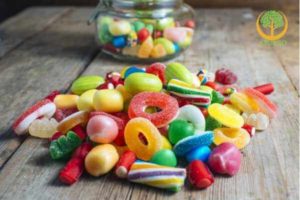
Another thing to consider is that a lot of gums have sugar, so we’re consuming additional sugar,
Let’s talk about a brief history of chewing gums to make you aware, how chewing gums have affected people.
Regular gum used to have sugar and people chewed it and they got cavities and that wasn’t a good thing.
So they said, “Oh let’s make sugar free gums“.
And then they put artificial sweeteners in the gum instead,
And then they figured out that artificial sweeteners are toxic, so they came back to the regular gum,
But by then, they discovered that the artificial sweeteners made the flavor last much longer so now they added artificial sweeteners to the sugar.
So now every (commercial/popular) gum on the market has artificial sweeteners, whether there are regular or sugar-free.
If you read the fine print on any chewing gum brand, it’s going say aspartame, sucralose or acesulfame potassium, maybe one or maybe all three or any combination.
There are a few that have some sugar alcohol, some xylitol, some maltitol, and those would be okay in moderation especially if you don’t have problems with gas or bloating.
If you have a tendency to get bloated, you have a bacterial imbalance, and the sugar alcohols such as xylitol are feeding those bacteria, so you can upset that balance further.
The problem with the xylitol is that people don’t like it much because its flavor lasts just 10 seconds and then it’s gone, so you spit it out and have to take another.
3. Chewing Gums contains Toxic Chemicals
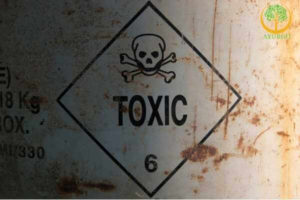
But even worse are all the toxic chemicals that they put in chewing gum these days.
As we were already discussing xylitol gums, let’s look at
What's so bad about the artificial sweeteners?
Well, let’s take a look at two main artificial sweeteners out today.
1. Aspartame

Aspartame was marketed as NutraSweet, sounds good right,
It’s sweet and it’s a nutrient, “Wow got to go for that”
But what is it really?
Well, it breaks down into aspartate or aspartic acid, which in the body is a neurotransmitter,
And if you have a neurotransmitter in the body, that is excitatory, then it fulfills a function in the body,
But it’s very tightly regulated in the body and when you add it in large quantities through your diet or from the outside, and then it becomes an excitotoxin,
So if you stimulate a brain cell a little bit, that’s a good thing, if you stimulate it until it works itself to death, then that’s an excitotoxin.
MSG and aspartate are excitotoxins and part of what makes this diet coke and these aspartame products so addictive is the fact that it stimulates the brain so that it wants more.
It also breaks down into phenylalanine, which is also a precursor for a neurotransmitter,
So anytime we add a lot of stuff from the outside, we create brain imbalances, we upset that delicate balance,
And people who have phenylketonuria, they have to avoid this at all costs because they can’t break it down at all, so it’ll actually kill them.
It breaks down into methanol also known as wood alcohol, that’s that backwoods party stuff that makes you blind.
You would be amazed to know that, one soda contains twice the amount of the EPA limit for wood alcohol or methanol.
Here you need to understand that aspartame itself doesn’t have any methanol in it, it only becomes methanol at body temperature,
So if they keep the can cool, there’s none in the can, but as soon as you drink it, it’s at body temperature right.
The last component it breaks down into is formaldehyde,
Formaldehyde is embalming fluid; it’s a very toxic substance that they used to preserve corpses and tissue with.
So that’s the aspartame,
I hope that got your attention and you will never touch that stuff again, it is one of the worst poisons that they have ever put into our food supply.
2. Sucralose
When they marketed Splenda or Sucralose, they told people that
“Oh well this is so natural, it is just made from sugar, so we use that the carbon from a glucose ring and then we just add chlorine which is nothing but sea salt that’s a natural substance in sea salt”
But they fail to mention that, the sea salt has a form that’s called chloride, that’s the salt version,
Chlorine is poison gas, it’s sort of like the difference between saltwater and Clorox bleach, a little molecular shift makes a big difference.
And when you put chlorine onto the carbon in sugar, you’re making a new compound called a chloro-carbon,
These are the most common family of pesticides and most of these are so toxic that they’ve come up with a new one every few years,
And every time they find that it’s one of the most powerful potent carcinogens and environmental toxins that humans have ever produced.
So it started with DDT, which almost wiped out the American population of Eagles before they put a stop to it and the bird slowly started coming back, so that was banned in 1972.
Dieldrin found to be toxic carcinogen banned in 1974,
Aldrin banned in 1974, chlordane banned, trichloroethane banned, and now we have Splenda which is a chloro-carbon,
Splenda is in the family of pesticides, so it may not be as quiet as toxic as others, but it surely is not a health food.
It surely is not something that needs to get into the human body.
Is Chewing Gum bad for you? (CONCLUSION)
So if you haven’t got it yet, just realize that,
When nature makes things, life forms, animals have coexisted with nature, nature has produced food, Nature has produced an environment for thousands and millions of generations,
And there is collaboration between nature and animals,
And then humans come in, and in just the last couple of generations, we started manufacturing all these chemicals in labs,
But always remember this point,
If nature didn’t make it, it doesn’t belong to your body, just keep it that simple.
There are different degrees of poison but none of them belong in your body,
So please share this content with as many people as you can because these toxins are ruining lives,
The more people that you can tell, the more people that you can share and inform about this, the better off they will be.
So if you enjoy this sort of content where you can learn about how the body really works, make sure you subscribe to our email notification to not miss any update.
Chewing Gum- Frequently Asked Questions
Is chewing gum bad for you?
Can you chew gum while fasting?
In preparation, a lot of hydrochloric acids and other enzymes are released which makes you feel more hungry.
Can you chew gum with braces?
Chewing gums are soft and can easily stick to your braces and in a lot of cases, you need to get your braces removed just because a stupid gum, so better avoid it.
Can you chew gum on Keto?
Is chewing gum bad for your teeth?
Can you chew gum with Invisalign?
What is chewing gum made of?
So they decided to make something in the labs, so they come up with a synthetic rubber which is similar to CHICLE,
And today, chewing gums are made from synthetic rubber compounds with added sugar and artificial sweeteners and flavors.
When was chewing gum invented?
Can you chew gum with a retainer?
Can you chew sugar-free gum with braces?
Is chewing gum a bad habit?
So the stomach starts producing hydrochloric acid and other enzymes, and when it doesn’t get any food, our stomach starts bloating and creating different problems.

